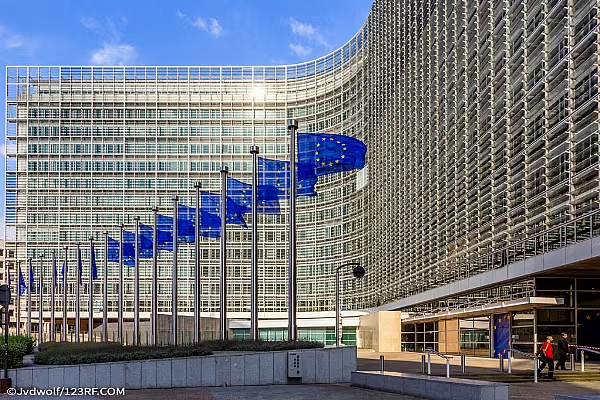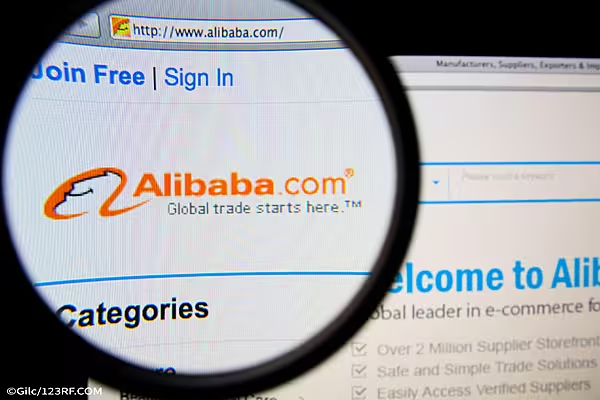EuroCommerce and GS1 have announced that they support an open, inclusive and decentralised EU Digital Product Passport (DPP).
EuroCommerce director general, Christel Delberghe, and GS1 in Europe chairman, Gregor Herzog, launched a joint paper urging the EU digital passport to be designed in a way that allows companies and consumers to make greener and more sustainable choices and investments.
Delberghe commented, “We are pleased to again join forces with GS1 on a subject with real significance to the success of the Green Deal and Circular Economy. An EU digital product passport can be a valuable tool for companies and consumers in providing data across the supply chain.
"As our paper underlines, it must go with the grain of existing processes and standards, to make it easy for companies to adopt and consumers to access and be flexible to accommodate new developments in a rapidly changing market.”Herzog added, “The European Sustainable Product Initiative is a priority for GS1 in Europe, and the digital product passport is a great opportunity to show the value proposition of the GS1 standards, especially towards the retailer community.
"As a follow up of the MoU signed in 2019, this joint paper shows synergies between EuroCommerce and GS1 in Europe and a joint vision on important challenges like product data interoperability and portability.”
Review Of Legistation
The EU is reviewing horizontal and vertical legislation related to the EU 2050 climate goal, EU circularity requirements, and new data rules.
The industry and all stakeholders involved in the supply chains - from raw material harvesting to consumption/sales and product further lifecycles - will be required to contribute adequate information for safe and sustainable products.
With an appropriate data structure, the DPP can help in achieving policy and industrial goals, which also benefit consumers.
It can facilitate green product data management, efficient product data sharing along global supply chains, and accessible and portable high-quality product data.
Accurate identification rules to identify products, locations and entities are necessary for ensuring that EuroCommerce members can freely source and distribute sustainable products in the EU market, as well as internationally.
The GS1 open and global standards for product identification, data capturing and sharing have enabled 50 years of data portability and embraced the green data challenges, according to the statement.
Recommendations
EuroCommerce and GS1 have jointly recommended that EU digital product passports should start from a ‘need-to-know’ basis, and be flexible enough to allow inclusion of both existing and upcoming data requirements based on identified needs.
Other recommendations include the implementation of international and open product identifiers, compliant with ISO standards, for data interoperability and portability and accessibility for all stakeholders along the value chain.
EuroCommerce and GS1 noted that the product passport has the potential to empower companies and consumers only if open and global product data standards already in use by companies are referenced.
© 2022 European Supermarket Magazine – your source for the latest Technology news. Article by Dayeeta Das. Click subscribe to sign up to ESM: European Supermarket Magazine.














